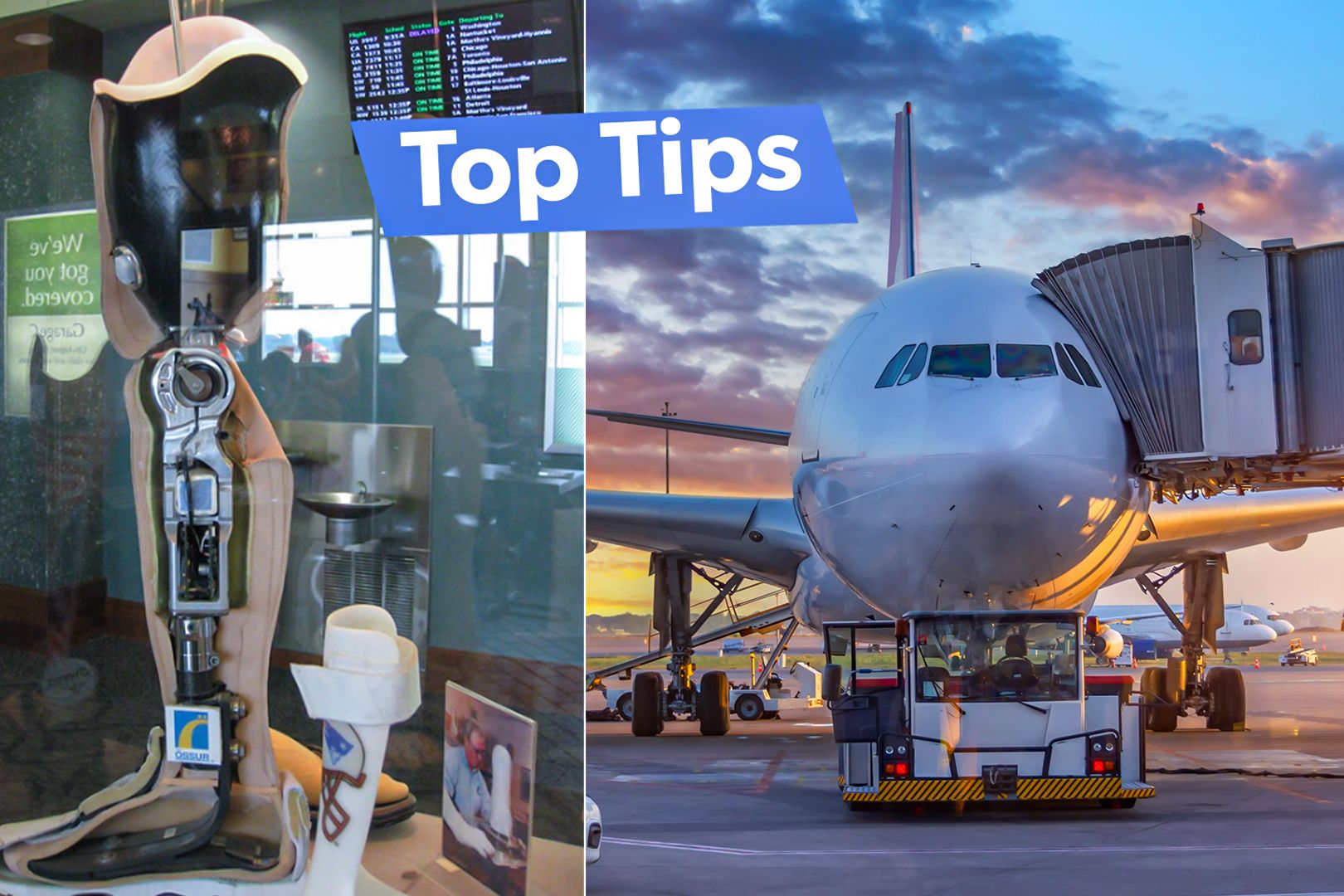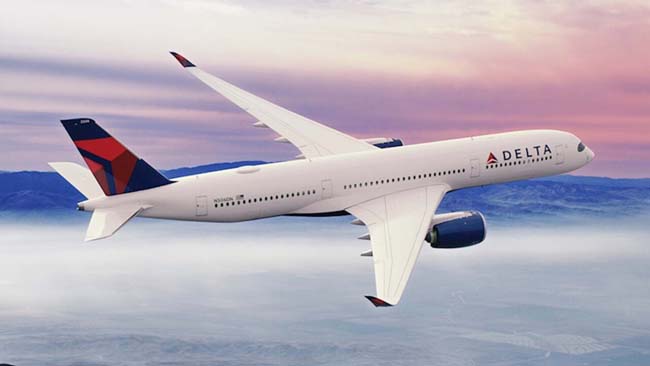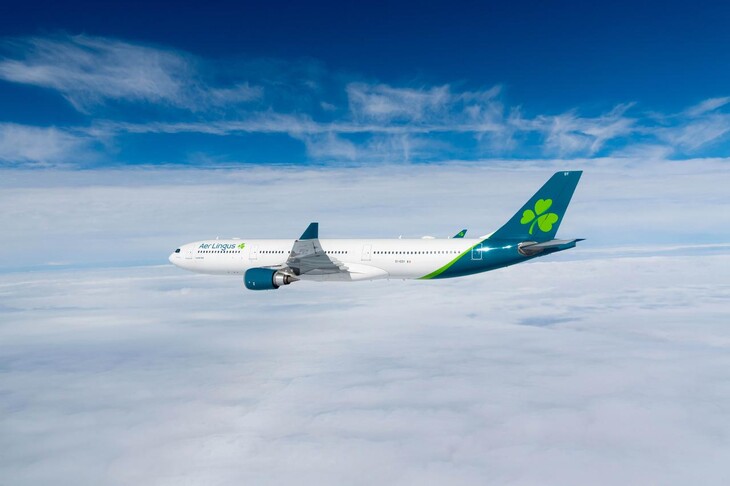Tuesday, August 13, 2024 Clearwater Marine Aquarium (CMA) has launched its Manatee Rehabilitation Center, marking a significant milestone for the institution. This advanced facility is designed to address the increasing number of manatees needing care, providing assistance to those that are sick, injured, or orphaned due to factors like habitat loss, boat strikes, ingestion of foreign objects, entanglements, and cold stress syndrome. The center is equipped with cutting-edge technology, including ozone treatment and medical habitats with false bottoms, ensuring the comfort and well-being of these gentle sea creatures.
“Clearwater Marine Aquarium has been dedicated to the conservation and protection of manatees for over two decades. Thanks to our donors, guests, and sponsors, this vision is now a reality,” said Joe Handy, CEO of Clearwater Marine Aquarium. “We are the first responders of the ocean, from research to monitoring, and now rehabilitation.

From international waters like Belize, Cuba and the Dominican Republic, to our own local Florida waters, we are ready to protect this keystone species,” said Handy. “By educating our visitors and supporting research and rescue efforts, we can make a real difference in the survival of these gentle giants. It is our responsibility to ensure that future generations have the opportunity to appreciate and admire manatees in their native waters.
” The first two manatee patients were recently welcomed from ZooTampa at Lowry Park, another member of the Manatee Rescue & Rehabilitation Partnership (MRP). ZooTampa, SeaWorld Orlando, and Jacksonville Zoo and Gardens are critical care facilities for manatee rehabilitation, and with two of these facilities already housing over 20 manatees each, the transfer to CMA helps alleviate space constraints. CMA will soon begin accepting critical care cases after its surgical suite is renovated and upgraded to accommodate manatee surgeries.
The first patients are: Manatees serve as a flagship species and indicators of the health of their aquatic habitats, playing a vital role in the ecosystem. As stewards of this threatened species, CMA aims to educate visitors about manatees and their conservation status, offering educational experiences and the opportunity to observe the manatees and the care they receive. For over two decades, CMA has been involved in rescuing, releasing, and tracking manatees worldwide.
In 2019, CMA introduced the Research Institute division (CMARI), incorporating the staff and programs of the former Sea to Shore Alliance. The goal of CMARI is to expand CMA’s conservation and research efforts, contributing to the protection of species and habitats locally and globally. Dr.
James “Buddy” Powell, CMA’s chief zoological officer and executive director of CMARI, has dedicated over 50 years to protecting manatees through field study and scientific research. “The opening of the manatee care center symbolizes a complete journey for us, years in the making. Having already played a vital role in rescue, research, and monitoring of manatees, we now step into the crucial realm of providing direct care for their recovery and survival,” said Dr.
Powell. “Global research and hands-on care are intertwined. Through studying manatees both in the wild and within our facility, we gain invaluable insights into their needs and behaviors, empowering us to craft more effective conservation strategies,” said Dr.
Powell. “We are profoundly grateful to the Manatee Rescue & Rehabilitation Partnership for their partnership and shared commitment to saving this species.” Supporting the new Manatee Rehabilitation Center is a dedicated team of professionals, including: To date, CMARI has tagged and monitored 100 manatees for the MRP, gathering critical data to ensure the future health of rehabilitated manatees and the success of the species.
CMARI scientists also study the movement patterns of wild manatees across the southeastern United States and the Caribbean to better understand shifts in habitats and migration patterns. This project is supported by the State of Florida, Florida Fish and Wildlife Conservation Commission, Duke Energy Foundation, John H. Prescott Marine Mammal Rescue Assistance Grant Program, and numerous private donors.
.



















